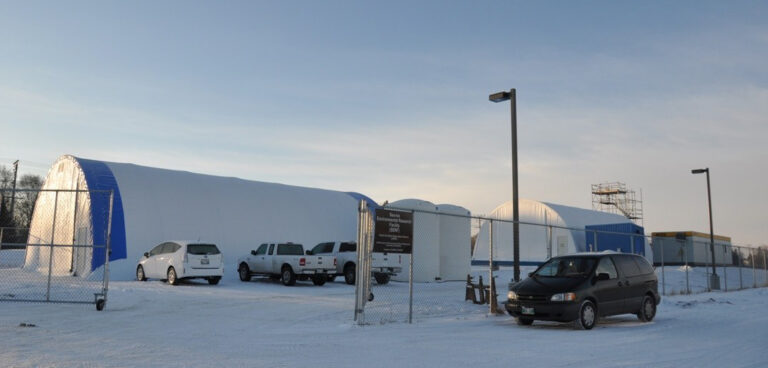Ice911 Research, a non-profit dedicated to restoring the Arctic ice and polar habitat, will begin tests next month to quantify the behavior and persistence of microsphere-treated Arctic sea ice compared to untreated control Arctic ice.
The organization will utilize the University of Manitoba’s Sea-ice Environmental Facility (SERF) in Winnipeg, Canada.
Under controlled conditions in a contained experimental site, the tests will provide data about the performance of Ice911’s Arctic sea ice albedo modification product.
Dr Leslie Field, founder and CEO of Ice911 Research, said, “Continued rigorous testing will provide crucial information to international organizations so they can make impartial decisions about governance, permitting and funding. The implementation of our ice restoration solution is needed to help reduce climate risks worldwide while the world’s nations complete their needed transition to sustainable energy and transportation solutions.”
The SERF site is already equipped with a standard instrument package for scientific testing, and Ice911 will bring additional equipment to measure albedo in the visible and infrared spectral ranges.
The work at SERF along with laboratory tests will enable Ice911 to improve its work to develop and test albedo modification to preserve and restore Arctic sea ice.
Rick Parnell, CEO of the Foundation for Climate Restoration, added, “We are thrilled that further testing will be completed to ensure the solution is safe, viable and scalable while setting the standard in ice solutions.”
Ice911 will begin testing at SERF in February and continue until the melt at the test facility is complete.



